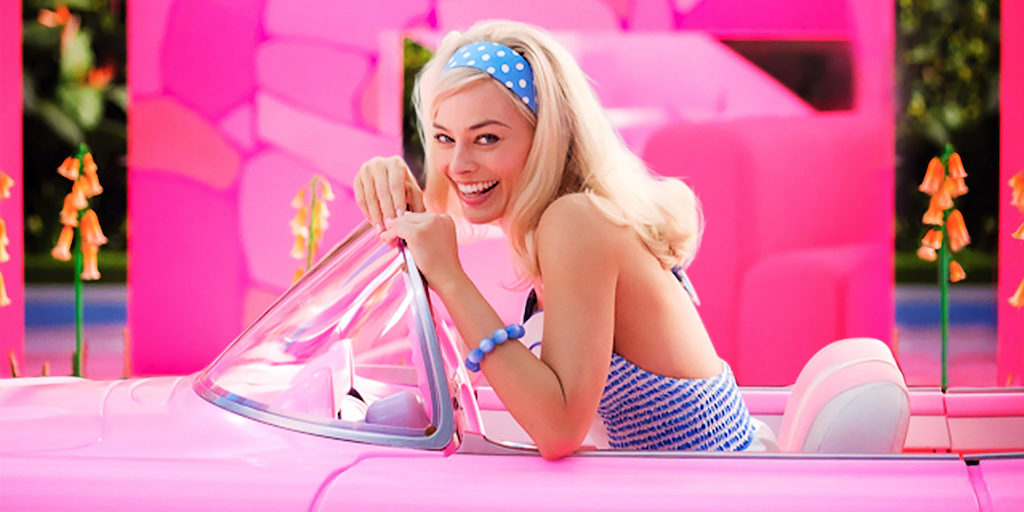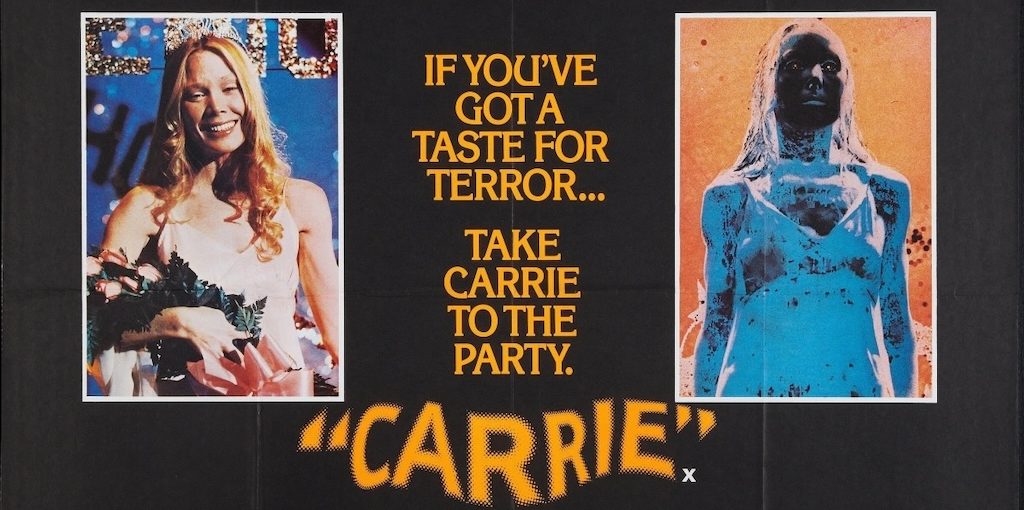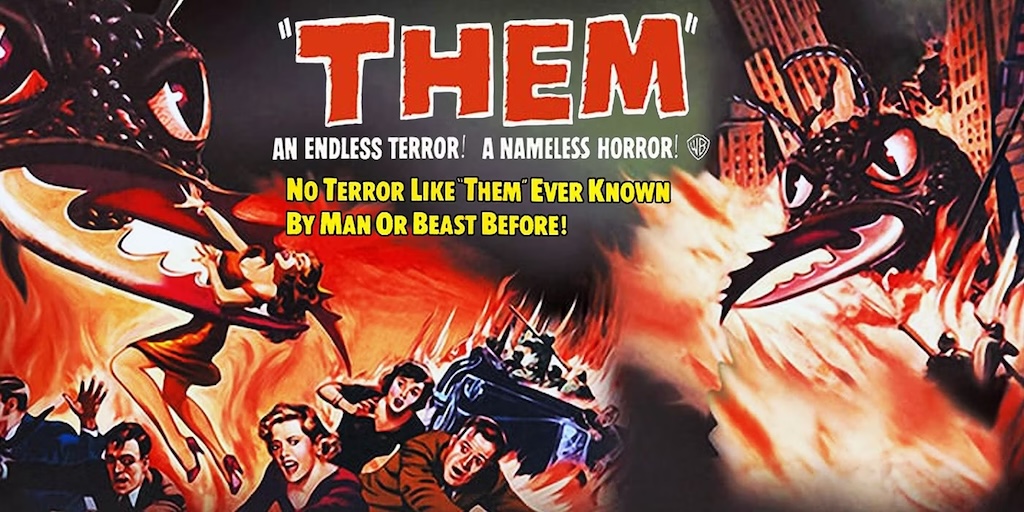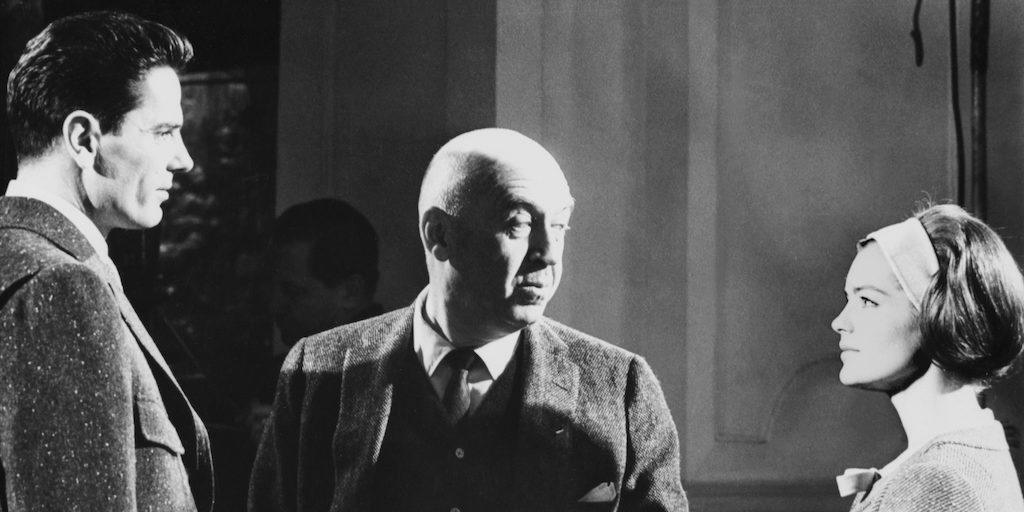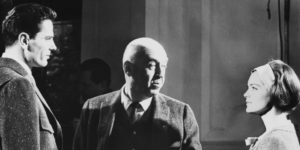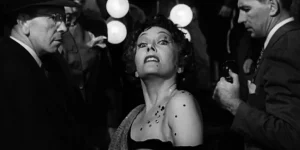I THINK, THEREFORE I AM
Barbie is here. Yes, the much awaited new film from Greta Gerwig, where a wide array of issues are placed on display, many of them pointing towards the future of the industry. Not for nothing the press campaign is as gigantic as the expectations woven during these last months. From a somewhat oblique point of view, one can wonder how a doll that has no narrative foundation becomes into an object of transposition. The procedures, as for the landscape of a work that belongs to a different medium or language are always set into motion when the source presents, at least, a narrative thread. In Barbie the nature of that transposition lies in how iconic the figure is, because it is about a toy that represents several generations ––mostly girls–– and there lies the issue of the whole dramatic matter.
The structure of the film is very simple; it is practically an example taken from Joseph Campbell or any theorist explaining narrative, since it follows what is known as the “Hero’s Journey”. The balance and harmony of the routine in Barbieland are broken when the Barbiest of all Barbies (Margot Robbie, who else?) discovers an existential hole in her brain as she dances a choreography worthy of a musical show and breaks the mood by questioning “Have you ever thought about dying?” out loud. This is the jump-off point for the unraveling of a crisis that is both personal and, indefectibly, of her entire surroundings. Up to this point it means nothing new that a character is forced to walk a path, which will transform her and leave her back at the starting point, although nurtured with several experiences engraved in her being.
Gerwig and Noah Baumbach (the latter in a relationship with the director and co-screenwriter of the film) ring the bell of every post within the trajectory of Barbie’s adventure. One of these posts is the encounter with “Weird Barbie”, the doll which comes to represent the dark side, being a toy who has been intervened with haircuts, had her face scrawled with paint, and other customizations made by little girls as product of a catharsis or a need for expression displayed onto the possibilities presented by the doll, as if it was some kind of canvas. There is where the story sets its sights, in the idea of a discontent and a disenchantment, feelings that many of the major characters go through. One of them is Ken (Ryan Gosling), the doll with an indivisible union with the lead character, who joins her in the dangerous journey into the real world.
The encounters between characters from a fantasy world and others from an everyday world, seen and represented in different opportunities, have their specific weight in moments where the most uncalibrated dialogues ––of what could be an axis in the Barbie stereotype–– burst in sprinkles of comedy that are somewhat searing and particularly metadiscursive. Gerwig seems very concerned to address certain commonplaces of the imaginary her protagonist represents, for example, the doll’s genitalia when Barbie and Ken approach a group of construction workers or when Mattel, in the figure of its CEO (Will Ferrell), admits to their mistakes or with the uncomfortable presentation of the heads of the several departments, which have no women in leading positions.
The girl’s monologue seems even more problematic, which is the alleged catalyst of Barbie’s existential tragedy, in which she declaims almost a decalogue of all the evils embodied in this perfect hegemonic figure. On this note, the movie raises the stakes and aims at causes that have lost some freshness since girls no longer play and not even think of the Barbie doll. The stake is driven so deep that the doll cries and does so at several moments in the story, the indifference of its natural audience, spanned through generations, is what destroys the protagonist, so much more than certain expletives such as “fascist”. The challenges in the transposition are also located at the expressive aspect, if the factions of the doll always allow to envision a smiling state of mind, how could one could think of a depressive construction for an icon of perfection, the result is a balance between the pastel colors of an artificial luminosity and washed darkness of a moderate existentialism. In both zones Margot Robbie displays her current status as a captivating star and queen of the less toxic mainstream.
Gerwig and her husband can be accused of removing the cap from the highlighters at some passages, though it must be said that the subjects dealt with here were not even in the most progressive presuppositions, it was just a story surrounded by the fear of death or perishing, since it is about a toy. For Barbie the real world is a scenery that is toxic for her charm until she comes across Gloria (America Ferrera) and her pre-teen daughter. They are the lecturing instruments, while in Ken’s case it is a source of distorted knowledge in a search that is also existential, but a bumpy one at that. His return to Barbieland is to destroy everything the Barbies have founded, and does so under a patriarchal regime (the word “patriarchy” gets pronounced more than Mattel in the movie) where the dolls are now only servants to the Kens.
The movie’s vitality never ceases to come from Barbie’s transformation. Despite pursuing an individual objective, the collective spirit is the drive behind the counter-offense to recover the fantasy world, which is nothing more than the path chosen by Mattel in the caricaturing of its CEO and its executives. The key item that solves the conflict is a middle-aged character: Gloria, the “girl” that once played with these dolls and today is a disillusioned woman for not having reached certain standards, which Barbie seemed to exude from her immaculate body. Such a point of view is the one suggested by the story, because Gerwig’s narrative does not aim to a new generation of girls, but a possible lecture about Barbie under the vision of grown women. In this way the prologue that parodies 2001: A Space Odyssey is resignified once the movie is over, since they are not girls playing to be mommy with a huge plastic baby; with Barbie those girls (now grown adults) played to be big. The final line of dialogue, with only one viewing, could be considered disruptive. Should the passage of time leave it as a mere gimmick is something the movie is not exempt of.

Director: Greta Gerwig Writing Credits: Greta Gerwig, Noah Baumbach Cast: Margot Robbie, Ryan Gosling, Will Ferrell, John Cena, Dua Lipa, Michael Cera. Producers: Tom Ackerley, Robbie Brenner, David Heyman, Margot Robbie. Running Time: 114 minutes.

